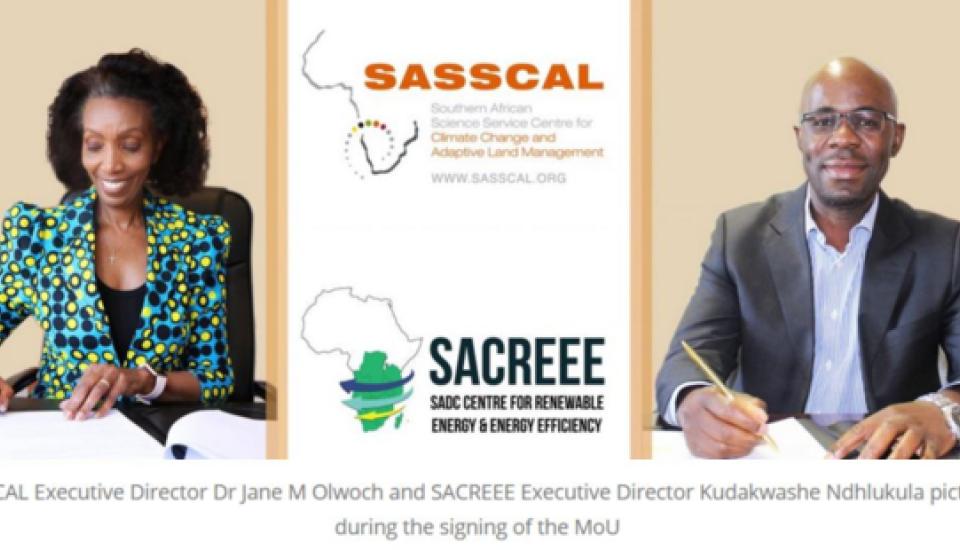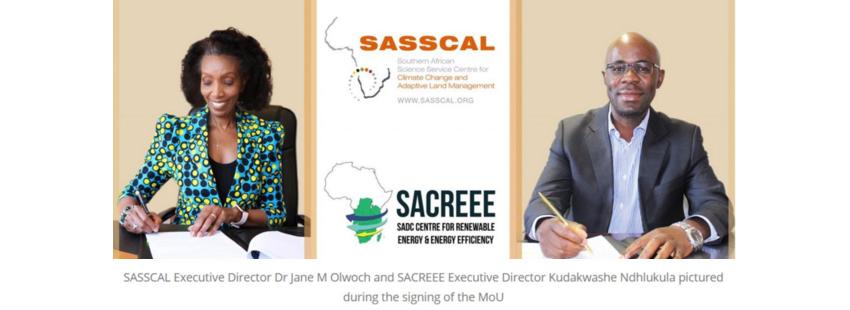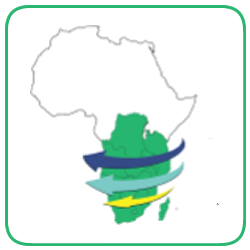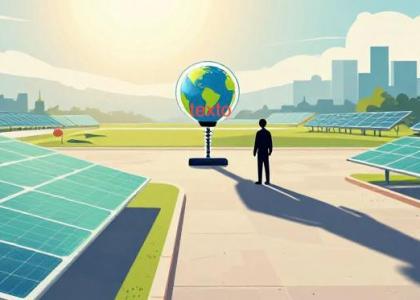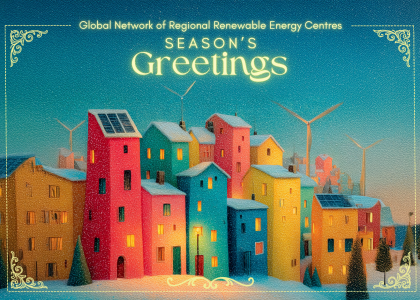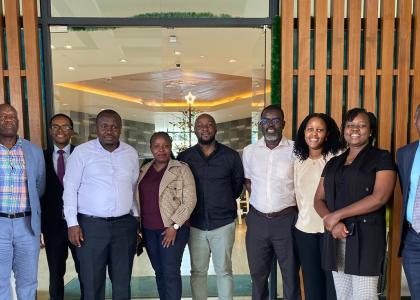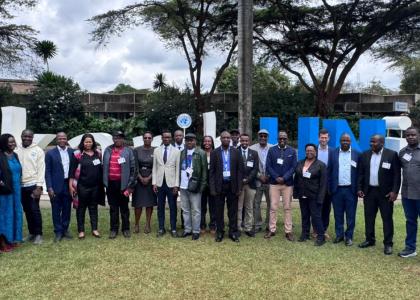The SADC Centre for Renewable Energy and Energy Efficiency (SACREEE) and the Southern African Science Service Centre for Climate Change and Adaptive Land Management (SASSCAL) signed an MoU to establish long term cooperation in areas of mutual interest. Both institutions have been identified as key players in the soon to be launched Green Hydrogen Atlas project funded by the Renewable Energy and Green Hydrogen Technology Department of the Germany Federal Ministry of Education and Research (BMBF). The Green Hydrogen project aims to produce an Atlas of Green Hydrogen generation potentials in Africa. SASSCAL is coordinating the Southern Africa region while the West African Science Service Centre for Climate Change and Adaptive Land Management (WASCAL) coordinates the West African region’s implementation activities.
The longer-term aim of the project is to support sustainable and economic development in Africa through a viable hydrogen economy. Transitioning from fossil fuels to renewable energy represents a co-benefit in terms of reduction of greenhouse gases and reducing pollution from fossil fuels, among other things. The project has a high potential to make Africa an exporter of green hydrogen hence gaining more relevance in the international energy market and reducing dependence on fossil fuels.
SACREEE has the mandate to promote renewable energy and energy efficiency technologies and services through a market-based approach by resource mobilisation; policy harmonisation; quality assurance; capacity building and knowledge management and communication in the SADC region. SASSCAL’s mission is to strengthen the regional capacity to generate and use scientific knowledge products and services for decision making on climate change and adaptive land management through research management, human capital development and services provision.
As the two institutions share the need to further strengthen the climate change – energy nexus, this collaboration will be extended to include other areas such as research, capacity development and data sharing aligned with sustainable development. Both institutions recognise the need to promote the use and sharing of data in support of regional planning and socio-economic development.
This project is relevant to the SADC region which is generously endowed with renewable energy resources such as solar, wind, and hydro. The project is also an ideal platform for the implementation of needs-driven cooperative project activities within the mandates of the regional centres.

